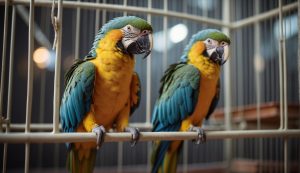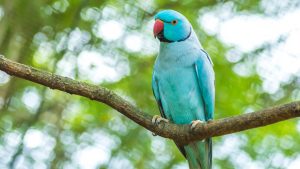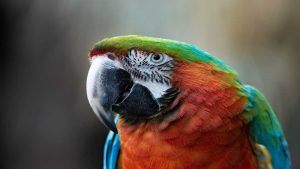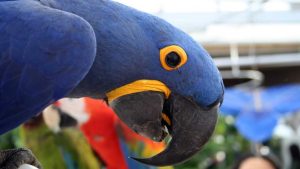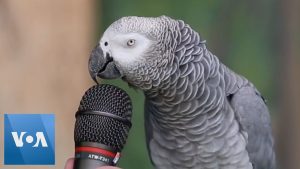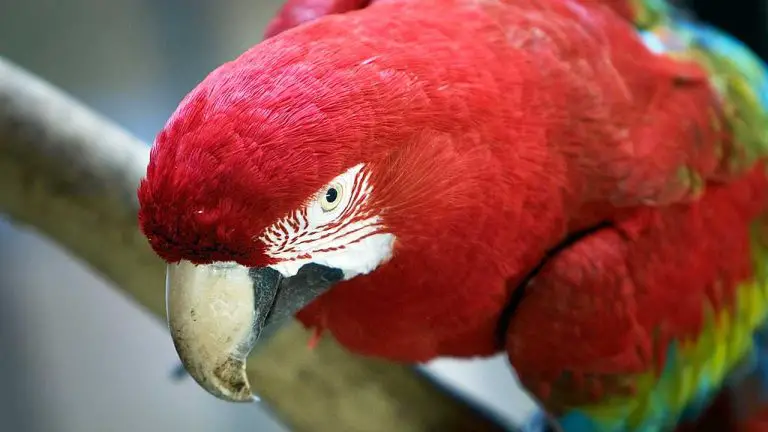Why Is My Parrot Losing Feathers? Common Causes and Solutions
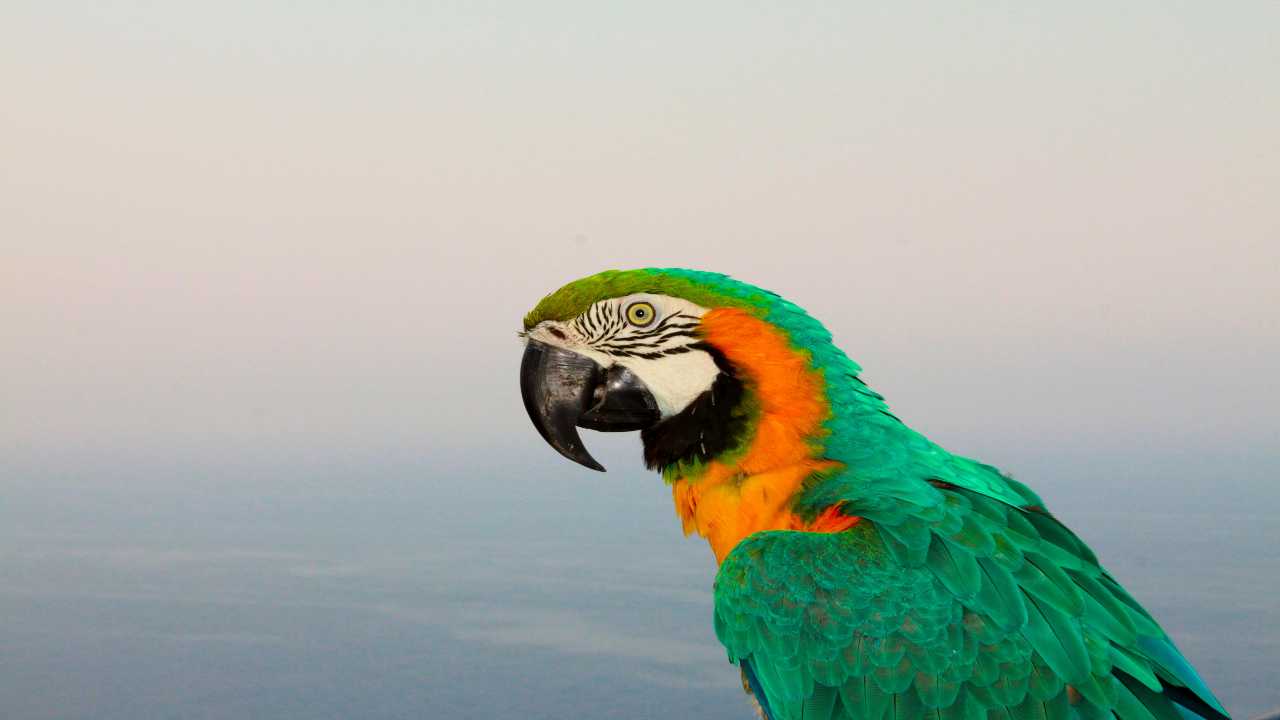
Parrots are fascinating and intelligent creatures that make wonderful pets. However, it can be concerning for owners when their parrot starts to lose feathers.
Feather loss is a common issue among parrots and can be caused by a variety of factors. In this article, we will explore the reasons why your parrot may be losing feathers and what you can do to help.
Understanding why your parrot is losing feathers is essential to providing proper care and treatment. Feather loss can be a sign of an underlying health issue or a result of environmental factors.
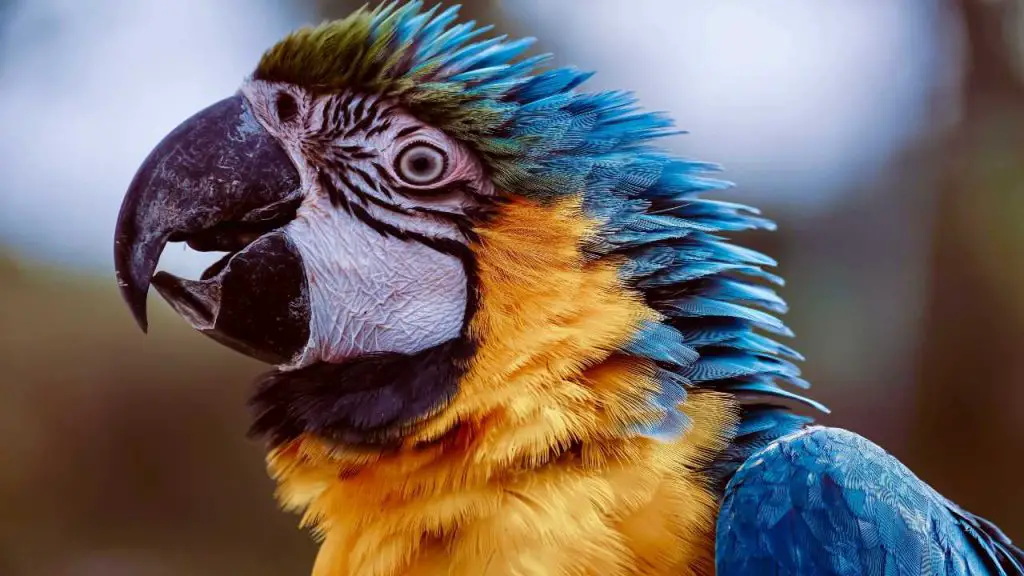
By identifying the cause of the feather loss, you can take steps to prevent further damage and promote healthy feather growth. In the following sections, we will discuss the common causes of feather loss in parrots, how to identify feather loss, and what you can do to help your parrot recover.
Key Takeaways
- Feather loss is a common issue among parrots and can be caused by a variety of factors.
- Identifying the cause of the feather loss is essential to providing proper care and treatment.
- By taking steps to prevent further damage and promote healthy feather growth, you can help your parrot recover from feather loss.
Table of Contents
Understanding Parrot Feather Loss
Feather loss in parrots is a common problem that can be caused by various factors. In this section, we will discuss the three main causes of feather loss in parrots: molt and shedding, feather plucking and self-mutilation, and psittacine beak and feather disease.
Molt and Shedding
Molt and shedding are natural processes in which parrots shed their old feathers and replace them with new ones. This process usually occurs once or twice a year, depending on the species. During this time, parrots may experience some feather loss, which is normal.
Feather Plucking and Self-Mutilation
Feather plucking and self-mutilation are behavioural problems that can cause feather loss in parrots. These behaviours can be caused by various factors, such as boredom, stress, and anxiety. Parrots that are bored or stressed may start to pluck their feathers as a way to cope with their emotions. This can lead to excessive feather loss, which can be harmful to the bird’s health.
Psittacine Beak and Feather Disease
Psittacine beak and feather disease is a viral disease that affects parrots. This disease can cause feather loss, beak abnormalities, and other health problems in parrots. The virus is highly contagious and can be spread through direct contact with infected birds or contaminated surfaces.
In conclusion, feather loss in parrots can be caused by various factors, and it is essential to identify the underlying cause to provide the appropriate treatment. If you notice your parrot losing feathers, it is recommended to consult with a veterinarian to determine the cause and provide the necessary care.
Common Causes of Feather Loss
Feather loss in parrots can be caused by a variety of factors. Here are some of the most common causes of feather loss in parrots:
Diet and Nutrition
Diet and nutrition play a significant role in the health of parrots. Malnutrition and a lack of essential vitamins and minerals can cause feather loss. Vitamin A deficiency, in particular, has been linked to feather disorders in parrots. A lack of protein can also affect the normal molt process.
Emotional and Psychological Factors
Stress, boredom, and isolation can cause parrots to pluck their feathers. Parrots are social creatures and need mental stimulation to stay happy and healthy. Emotional distress can lead to over-preening and feather-destructive behaviour.
Physical and Environmental Factors
Physical and environmental factors can also cause feather loss in parrots. Parasites, infections, and skin diseases can cause itching and baldness, leading to feather loss. Scented candles, chemicals, and other irritants in the environment can also cause skin irritation and feather loss.
Health and Disease Factors
Parrots can suffer from a variety of health problems that can cause feather loss. Psittacine beak and feather disease (PBFD) is a viral disease that affects the feathers, beak, and claws of parrots. Liver disease, cancer, and heavy metal poisoning can also cause feather loss.
It is important to identify the cause of feather loss in your parrot and seek veterinary care if necessary. Providing a healthy diet, mental stimulation, and a clean and safe living environment can help prevent feather loss in parrots.
Identifying Feather Loss in Parrots
Signs and Symptoms
Feather loss in parrots can be identified by the following signs and symptoms:
- Bald patches on the bird’s body
- Visible bare skin
- Old feathers falling out
- New feathers growing in
- Abnormal feather growth or colour
- Itching or scratching
Physical Examination
To identify feather loss in parrots, a physical examination is necessary. Look for any bald patches or areas where feathers are thinning. Check the bird’s overall health, behaviour, and diet. Malnutrition is a common cause of feather loss, so it’s important to ensure that the bird is receiving a balanced diet with all the necessary nutrients.
Behavioural Changes
Changes in behaviour can also indicate feather loss in parrots. If the bird is plucking its feathers, it may be a sign of stress, boredom, or illness. Look for signs of aggression or bullying from other birds in the same cage.
It’s important to note that some feather loss is normal during molting, which occurs once or twice a year. However, excessive feather loss or baldness should be addressed by a veterinarian.
Remember, feathers do grow back, but it’s important to identify the cause of the feather loss to prevent further damage to the bird’s health.
Parrot Care and Prevention of Feather Loss
Feather loss can be a sign of underlying health issues in your pet parrot. However, with proper care and prevention measures, you can help your feathered friend maintain healthy plumage. Here are some tips for parrot care and prevention of feather loss:
Environmental Stimulation
Parrots are active and intelligent creatures that require plenty of stimulation to stay happy and healthy. Make sure your pet has enough space to move around, and provide plenty of toys and perches to keep them entertained. Fresh air and natural light are also essential for your parrot’s wellbeing.
Diet and Exercise
A balanced diet is crucial for maintaining healthy feathers in parrots. Make sure your pet is eating a premium pellet formula that provides all the necessary vitamins and minerals. Additionally, regular exercise is essential for keeping your parrot in good physical condition.
Regular Vet Check-Ups
Regular visits to the vet are crucial for ensuring your parrot’s wellbeing. A veterinarian can help identify underlying health issues that may be causing feather loss. They can also provide advice on proper diet and care for your pet.
Mental and Social Stimulation
Parrots are social creatures that thrive on interaction with their owners. Spend time with your pet, and provide mental stimulation through training and playtime. If you have more than one pet parrot, make sure they have plenty of opportunities for socialization.
By following these tips for parrot care and prevention of feather loss, you can help your pet live a long and healthy life. Remember to provide plenty of attention, exercise, and mental stimulation to keep your pet happy and healthy.
Treatment for Feather Loss in Parrots
Feather loss in parrots can be caused by various factors, including malnutrition, viral diseases, and stress. If you suspect your parrot is experiencing feather loss, it is important to seek the advice of an avian veterinarian to determine the underlying cause and develop an appropriate treatment plan.
Medical Treatments
If your parrot is suffering from a health problem or infection, your avian vet may prescribe medication to treat the underlying issue. This may include antibiotics, antifungal medication, or antiparasitic medication. Your vet may also recommend topical treatments to soothe skin disorders or promote feather regrowth.
Dietary Adjustments
Dietary adjustments may be necessary if your parrot is experiencing feather loss due to malnutrition. Your vet may recommend a balanced diet that includes a variety of fruits, vegetables, seeds, and nuts. Supplements such as vitamins, protein, and minerals may also be recommended to support healthy feather growth.
Behavioural Therapies
Stress and anxiety can also contribute to feather loss in parrots. Behavioural therapies such as environmental enrichment, increased socialisation, and positive reinforcement training may be recommended to reduce stress levels and promote healthy feather regrowth.
In addition to the above treatment options, it is important to maintain good hygiene and provide a clean and comfortable living environment for your parrot. Regular preening and grooming can also help to promote healthy feather growth.
Remember, feather loss in parrots can be a sign of an underlying health issue, so it is important to seek the advice of an avian vet if you suspect your parrot is experiencing feather loss.
Frequently Asked Questions
How can I treat my parrot’s feather loss?
The treatment for your parrot’s feather loss depends on the underlying cause. If it’s due to a nutritional deficiency, consult with your vet to adjust your parrot’s diet.
If it’s due to a medical condition, your vet may prescribe medication or suggest other treatments. In any case, it’s important to seek professional help.
What are the common causes of feather loss in parrots?
The most common cause of feather loss in parrots is molting, which is a natural process of shedding old feathers and growing new ones. Other causes include stress, boredom, poor diet, and medical conditions such as infections or parasites.
How do I know if my parrot is moulting or experiencing feather loss?
Moulting is a natural process that happens once or twice a year. During moulting, your parrot will shed its old feathers and grow new ones.
Feather loss due to other causes will be more noticeable and can happen at any time of the year. If you’re unsure, consult with your vet.
What should I do if my parrot is losing feathers on its chest?
Feather loss on the chest can be a sign of a medical condition or a behavioural issue. Consult with your vet to determine the underlying cause and appropriate treatment.
What are some effective treatments for feather loss in parrots?
Effective treatments for feather loss in parrots depend on the underlying cause. If it’s due to a nutritional deficiency, adjusting your parrot’s diet can help.
If it’s due to a medical condition, your vet may prescribe medication or suggest other treatments. Behavioural issues may require environmental changes or training.
How can I prevent feather loss in my parrot?
Preventing feather loss in your parrot involves providing a healthy diet, a stimulating environment, and regular veterinary check-ups.
Avoid exposing your parrot to stressful situations and make sure they have plenty of opportunities for exercise and socialisation.

